This isn’t the first time this topic is brought to our attention but after reading this call I felt obliged to share one of the important parts and a link to the original posting.
Original quote:
“According to the ITU Radio Regulations for the Amateur and Amateur-satellite Services, “Transmissions between amateur stations of different countries shall not be encoded for the purpose of obscuring their meaning, except for control signals exchanged between earth command stations and space stations in the amateur-satellite service.” A strict interpretation of this rule means that the specifications of all digital protocols used by Amateur stations should be publicly available, so that anyone is able decode the data. The use of protocols with undisclosed specifications can be seen as a try to obscure the meaning of the data.”
Source: By Dr. Daniel Estévez, an open letter about ESEO telemetry specifications.

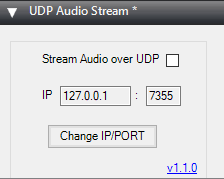 This was something I was looking for, for a long time. The plugin makes it possible to stream the demodulated
This was something I was looking for, for a long time. The plugin makes it possible to stream the demodulated 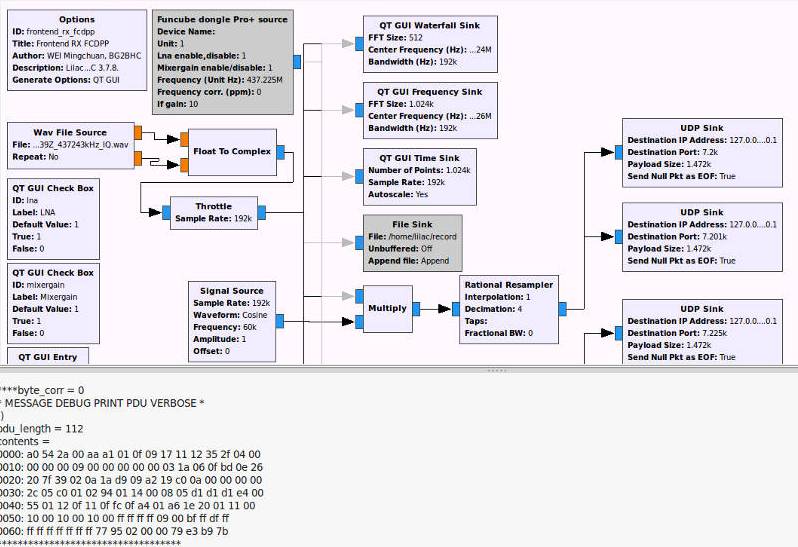
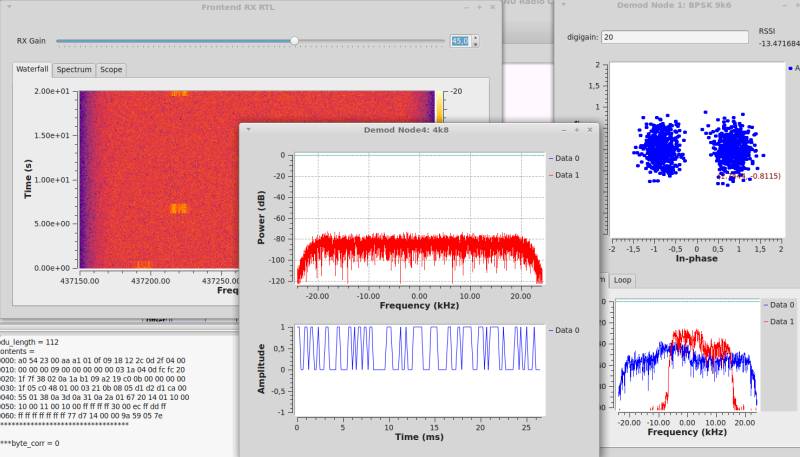
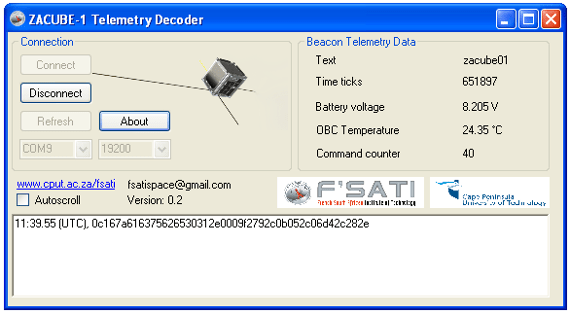
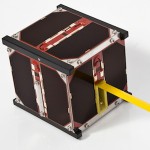 MASAT-1 designated MagyarSat-OSCAR-72 (MO-72)
MASAT-1 designated MagyarSat-OSCAR-72 (MO-72)